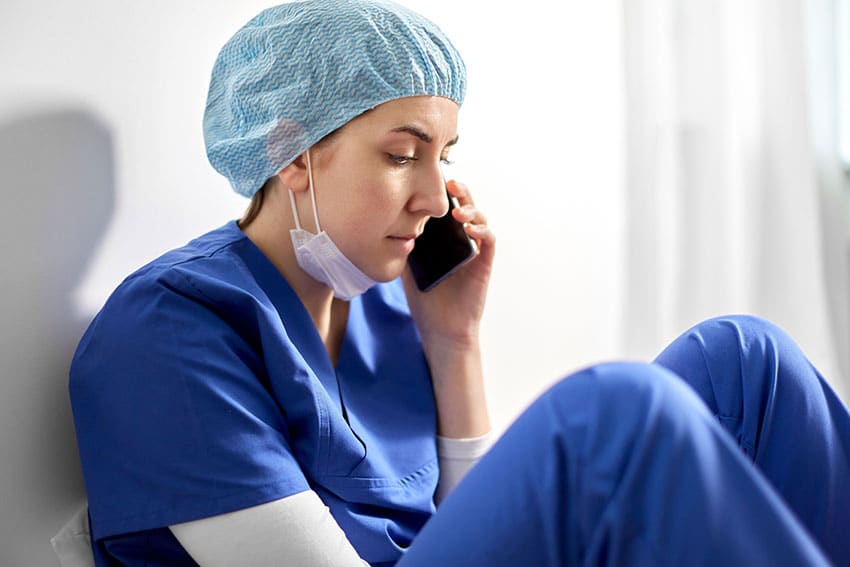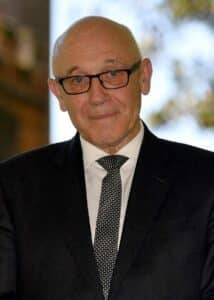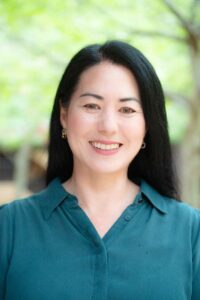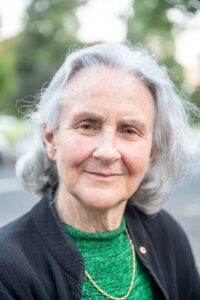
Healthcare workers and students concerned about the encroachment of the law on key life issues, including so-called voluntary assisted dying (VAD) and abortion, will gather to hear how they can practice according to their consciences.

Solidarity, an annual conference, features leading Catholic bioethicist Dr Bernadette Tobin, Director of the Plunkett Centre for Ethics at St Vincent’s Hospital; Anna Walsh, lecturer in the School of Law at the University of Notre Dame; and The Hon Damien Tudehope, Leader of the NSW Government in the Upper House.
Mr Tudehope told The Catholic Weekly he was proud to attend the Solidarity conference.
“Solidarity as men and women of conscience will be advanced by this Conference and I look forward to being a part of it,” he said.
“If we are pressured to do unjust acts we need the virtue of fortitude to resist the temptation, even at personal or professional cost, and the virtue of prudence to decide how to best to act in challenging circumstances.
“Our consciences oblige us to act in accordance with justice.”

Legislation vs faith
Dr Tobin said that Dr Daniel Sulmasy of Georgetown University was right to point out that the central issue in conscientious objection today was whether the legalisation of controversial medical practices, such as abortion and euthanasia/VAD, entailed a moral duty for doctors to perform such procedures if requested by patients.
Conscientious objection should have wide scope, and doctors should only be compelled to perform procedures against their consciences when a substantial risk of serious injury or death was present, she added.
“The rub is that inconvenience to the patient, psychological distress on the part of the patient, or even mild symptoms do not constitute grounds for compelling a doctor’s performance in violation of her conscience,” Dr Tobin said.
Following Dr Sulmasy, she told The Catholic Weekly there were three misconceptions about the medical profession at work in the health system today.
“A doctor is not a ‘provider of services’,” Dr Tobin said.

“So contrast a doctor with a shoe salesman: he’ll sell you shoes even if they’re ugly and ill-fitting, if you want them.
“But a doctor’s obliged to refrain from providing what they think will not heal the patient – even if the patient wants it.
“Second, a doctor is not an agent of the state. The history of medicine being co-opted by the state to do immoral things is well known.
“Doctors and the profession in general should recognise their independence of the state.
“And third, the doctor is not a pure fiduciary of the patient. So public health concerns, for example, can limit what a doctor does for the patient.”
A doctor, Dr Tobin said, is “a professional engaged in a joint enterprise with the patient, which is aimed at a common goal: making or keeping the patient well”.
Solidarity will be held on Saturday 5 November from 1:30-5:30pm at Warrane College, UNSW.
Books can be made at: https://www.eventbrite.com.au/e/422220822847
